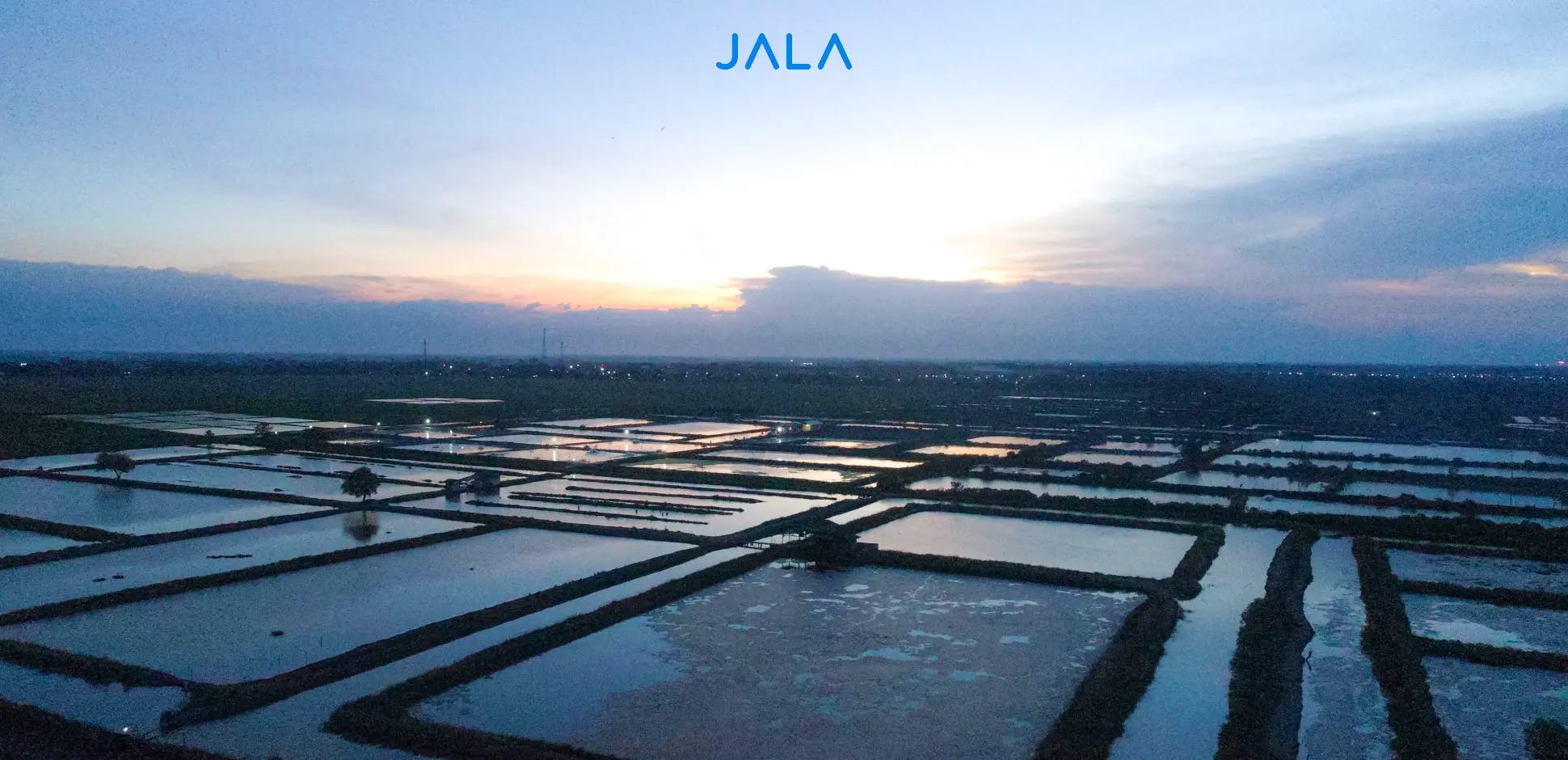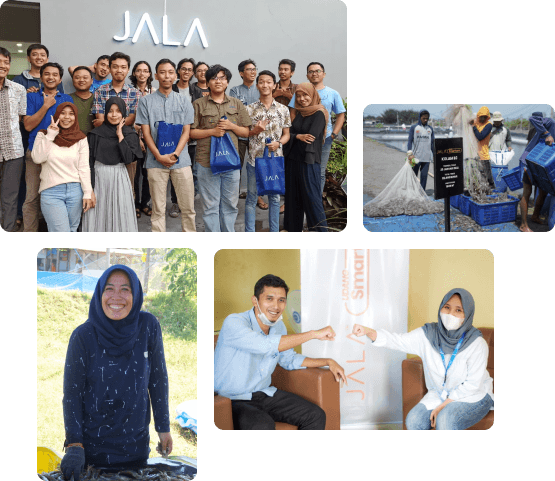
The Indonesian government is reinforcing its commitment to the growth of the aquaculture sector, especially shrimp farming, by introducing a series of policy relaxations specifically aimed at small-scale farmers during the 2024–2025 period. These policies were born out of the need to create a more inclusive and sustainable aquaculture ecosystem amid high production costs and ongoing challenges in accessing legal permits.
This article outlines the policy relaxations issued and their impact on the sustainability of smallholder shrimp farms. These relaxations are not intended for large-scale operators but are purposefully designed to support small-scale shrimp farmers in staying resilient and growing in the middle of aquaculture industry dynamics.
What exactly are the aquaculture policy relaxations issued by the Indonesian government in the 2024–2025 period? Find the answer in the following section.
Production Inputs
- Relaxation of broodstock and shrimp fry imports: In 2010, a temporary restriction was placed on the distribution of shrimp broodstock and fry. However, the Ministry of Marine Affairs and Fisheries Regulation No. 5 of 2023 has since eased those restrictions. Additionally, the Ministry of Finance Regulation No. 41 of 2024 also regulated the exemption of import duties on broodstock and fry for the development of the agriculture, livestock, or aquaculture industries.
- Feed and farming equipment subsidies: The Directorate General of Aquaculture, through the Special Allocation Fund (DAK) and provincial government, has extended relaxations of subsidies on shrimp fry, feed, and farming equipment for smallholder shrimp farmers.
Production
Farm and spatial revitalization: Government Regulation No. 21 of 2021 outlines the revitalization of farms and adjustments to spatial planning, especially for existing smallholder farms.
Production Support
- Business licensing: Government Regulation No. 5 of 2021 regulates the simplification of the licensing process through the OSS-RBA and SIMP systems.
- Taxes and retributions: There are Regional Regulations in Pacitan and Central Java that regulate the reduction of regional retributions for small and medium fishery enterprises.
- Financing and credit: Coordinating Ministry for Economic Affairs Regulation No. 1 of 2023 sets the interest rates for People’s Business Credit (KUR) at a lower range (3–6%) for the cultivation sector.
Legal Assistance for Shrimp Farming
As shrimp farms strive to improve productivity and operational efficiency, the legality aspect often gets overlooked. Yet, legal compliance is crucial in ensuring that aquaculture businesses operate safely and legally protected.
By making full use of the available policy relaxations, hopefully small-scale shrimp farmers are able run their operations more professionally and sustainably. Supporting this effort, JALA provides legal assistance services through JALA Kusuma.
This service focuses on the aquaculture industry and includes support in the following areas:
- Business incorporation and licensing
- Environmental and sustainability permits
- Labor law and worker safety compliance
- Ongoing compliance monitoring and updates
For more information about JALA Kusuma, please contact: +62 813-2551-4194.





